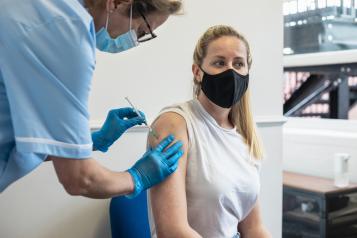How can we make buying medication online safe?
When it comes to our health it is even more important to ensure people know that the online services they are accessing are safe.
The CQC’s inspections of some companies that provide online primary care have found significant concerns about patient safety.
Using one of these online services, patients can ask a doctor to prescribe from a range of medicines. Typically people can choose their drug and select their symptoms or diagnosis from a drop down menu before the prescription is reviewed by a clinician and passed to a pharmacy to supply the order.
While well-run services can offer a convenient and effective form of treatment, the CQC has found some services were too quick to sell medicines without doing enough to check whether they were appropriate, meaning that patients could be at risk of harm.
Following an internal review of all 43 online services that are registered, the CQC has brought forward a programme of inspections prioritising those services it considers might potentially present a significant risk to patients.
In a joint statement, four regulatory bodies - the CQC, the General Medical Council, the General Pharmaceutical Council, and the Medicines and Healthcare Products Regulatory Agency - have reminded providers and healthcare professionals working for these services that they must provide safe and effective care, including following professional guidelines.
The CQC has also published information on how it inspects and regulates providers of digital primary care, as well as advice for the public when considering using an online doctor.
Responding to the CQC’s advice on using online primary care services, Jane Mordue, Chair of Healthwatch England, said:
“The internet has changed the way we do almost everything, from booking holidays to banking. But when it comes to our health it is even more important to ensure people know that the online services they are accessing are safe.
“We know there is definite appetite out there for people to make better use of technology like web consultations and online prescriptions, but people also need confidence in those providing these sorts of services.
“This is an important step by the regulators to ensure they are moving with the times and ensuring patient safety is just as important in digital services as it is in face-to-face care.”


